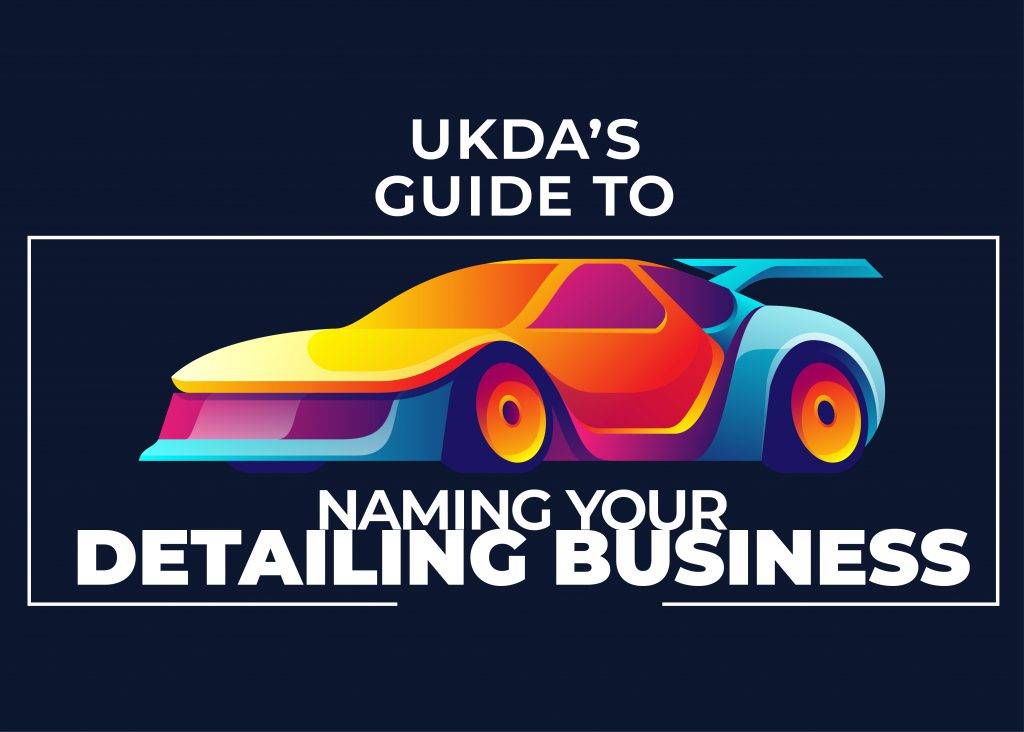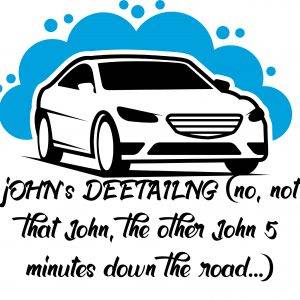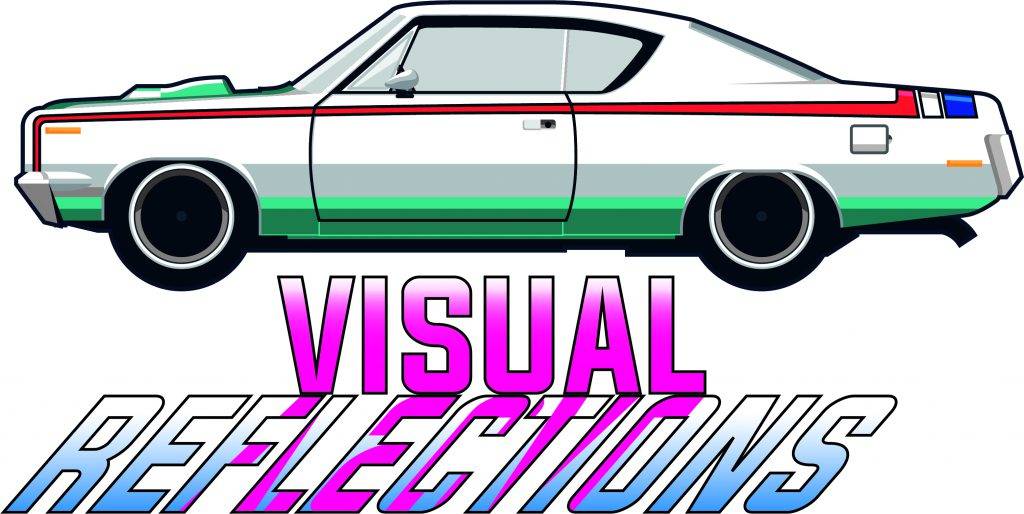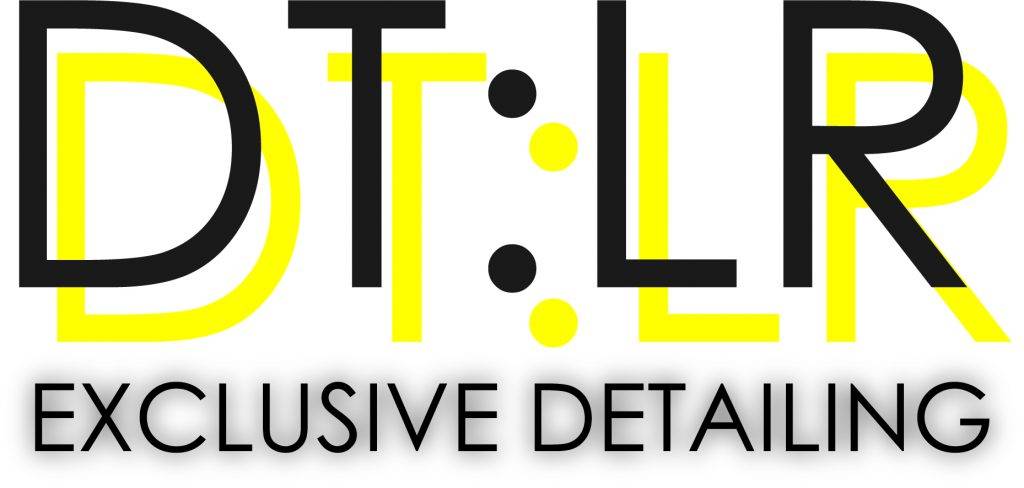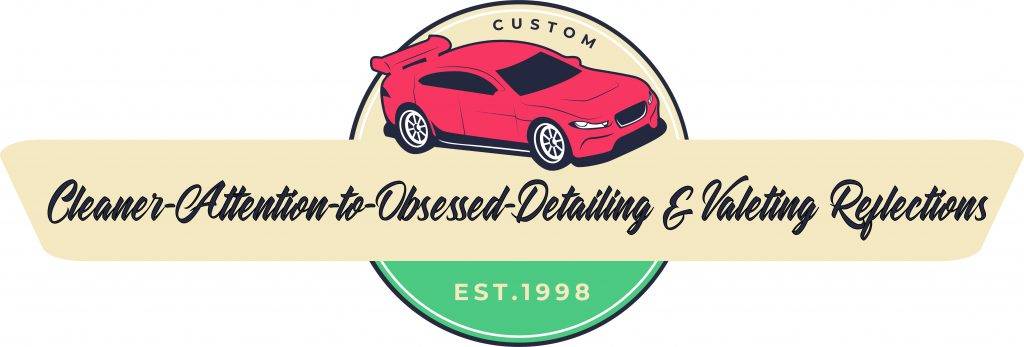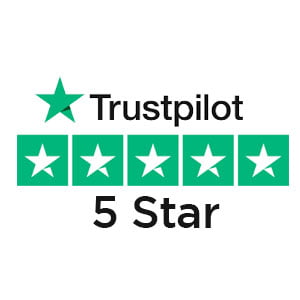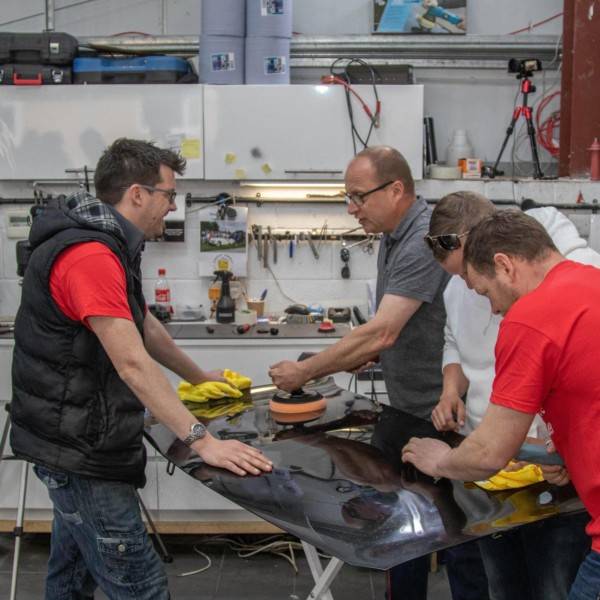What should I call my Detailing Company?…
It’s a big decision. One that can frame your business image, grab client attention and enable people to pick you out of the crowd. So how do you go about picking a name?
The obvious choice is to use your name and a descriptive such as “Valeting & Detailing”
It’s simple, it’s descriptive, it’s… oh so boring and easy to forget.
Unless your name is unusual, you are almost guaranteed to have the same company name as 10 other people in your country – in the UK, Xavier’s detailing could be acceptably unique, John’s Detailing, not so much.
Aside from being part of the crowd, you’ll have issues getting an easy-to-locate website address – people are generally going to forget to visit:
“www.johns-detailing&valeting_company.uk.org”
…and, unless you have some cracking SEO, you’ll be overlooked by search engines for a more likely source, like the first who bought johnsdetailing.com in 1999.
So what else is there to look at?
Be descriptive and on-point. “Visual Reflections” doesn’t say what your business does. As cool and hipster as it sounds, you’ll be explaining what you do to every other caller, half of which will want to know how much a bathroom mirror replacement will be…
If you’re a detailer, have some reference to detailing, car care, automotive enhancement, etc in the title, so people know who or why they’re calling you.
Unique can work well in the medium to long term. “DT:LR”, for example, has good brand potential and it’s a phonetic of what you do, so won’t be confusing when people pronounce it. Something like this can also mean cheap website addresses as it’s not a word likely to be bought and camped on by website domain registers.
On the other hand, an unusual, made-up word such as “En-shiner-ation”, for example, is going to be less appealing, easy to misspell in searches and still quite vague, so won’t do you any favours until you’re more established with a regular client base.
Don’t copy, or over-emulate what’s already out there.
This is a surefire way to get lost in a sea of similar-trend companies. It’s unimaginative and lazy, keep it short and descriptive.
DO’s:
Alliterate if possible. Alliterative names (those that both start with the same letter, i.e. Peter Parker, Roger Rabbit, Cash Converters) use phonetics to make them more memorable, the names flow into each other and sound… right.
Area-specific. Most customers, when you’re starting out, will have a catchment area for the kind of service they are willing to travel for. Aligning a name with your geographic area will make you easier to find – if you lived in Cirencester, you would search for “Cirencester Detailing” – if that’s the name of your company; guess who Google is going to list first…. The downside is that it’s a common naming policy, and if your area (county/area/town) is already taken, don’t try to add hyphens or additions like “Company” to the name, it rarely works. Equally, if you decide to move to a different area, it’s harder to take with you… “Cirencester Detailing, Aberdeen’s premier car care company.”
Use a thesaurus if you’re struggling for inspiration and unique pairings, but always check the suggestions for alternative meanings. There are various company name generators online, but they’re best used for inspiration rather than the end product.
Random things which may help…
- Names with letters that have high point values in Scrabble — J, K, Q, V, W, X, Y and Z — can be more memorable – they are less common in western languages. This rarer attribute makes a name more distinct for memory recall.
- Google responds negatively to stop words like ‘and’ or ‘any’ – there is a whole list online – so try and keep them to a minimum.
- People are most likely to remember how something makes them feel. This means that beautiful-sounding names have a better chance of encoding into long-term memory. “Cellar Door” has been rated as the most phonetically beautiful pairing of words.
- The more physical and tangible a word is, the easier it will be to remember. The reason? It gives someone an image in their mind and helps to store it as a memory. Take “mossy rock” vs. “soft place” as an example. One is an object and the other is a concept. Guess which one someone would remember tomorrow?
- Pick something you like the sound of and can pronounce on the phone, if you don’t like it, you can always rebrand
- If the first word in the company name begins with a letter in the first part of the alphabet, any listings that are sorted alphabetically will put you towards the top of the list. This used to be more relevant in the days of phone directories, but it still holds water now for online listings
Hopefully this helps – there’s no rock solid right answer when it comes to naming your detailing business, what works for one may not work for another, but pick something you’re happy with, something that fits with your brand and target market, and something you’re going to be happy repeating for years, and for everything else, UK Detailing Academy can help with the business advice side.
